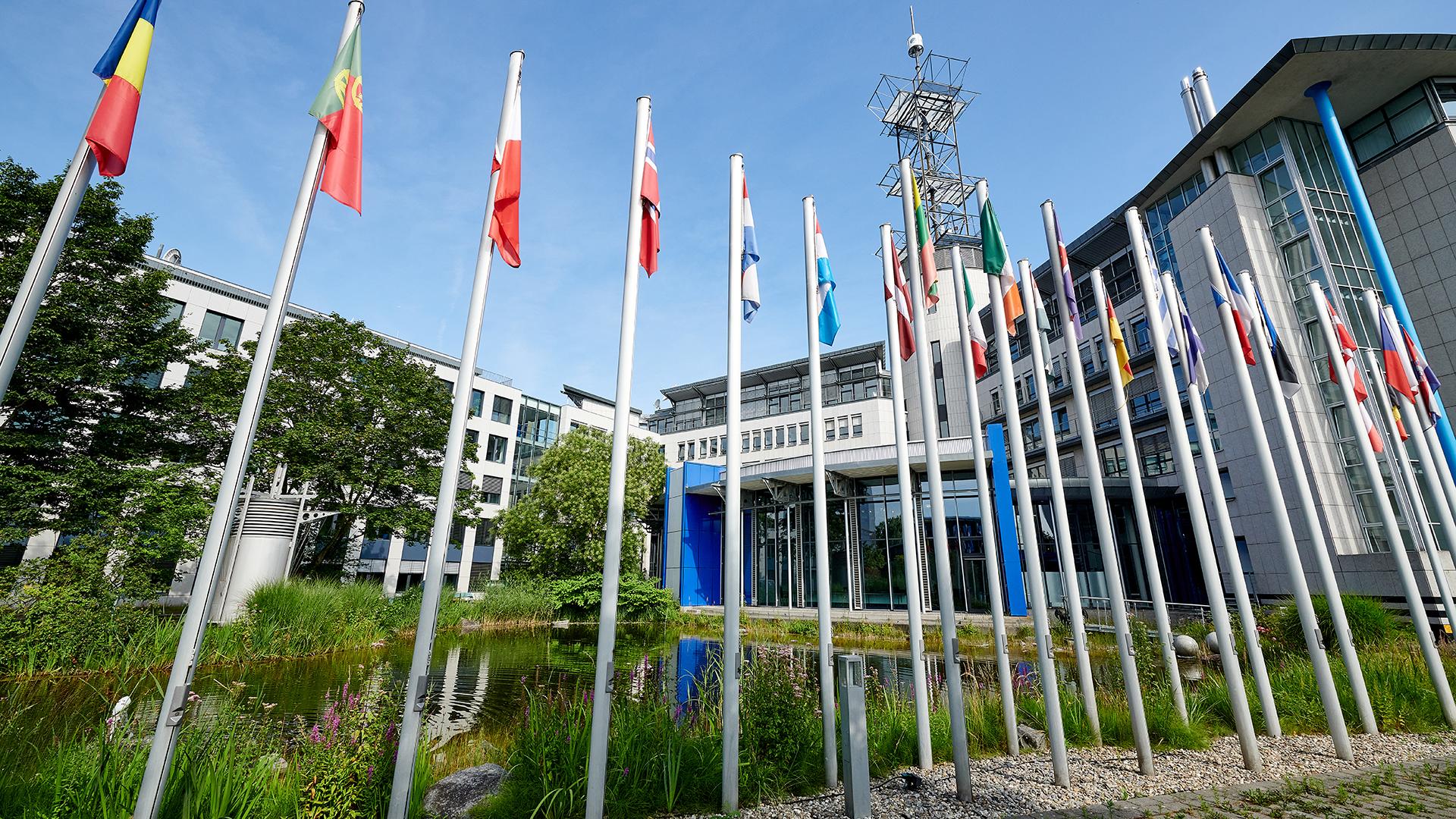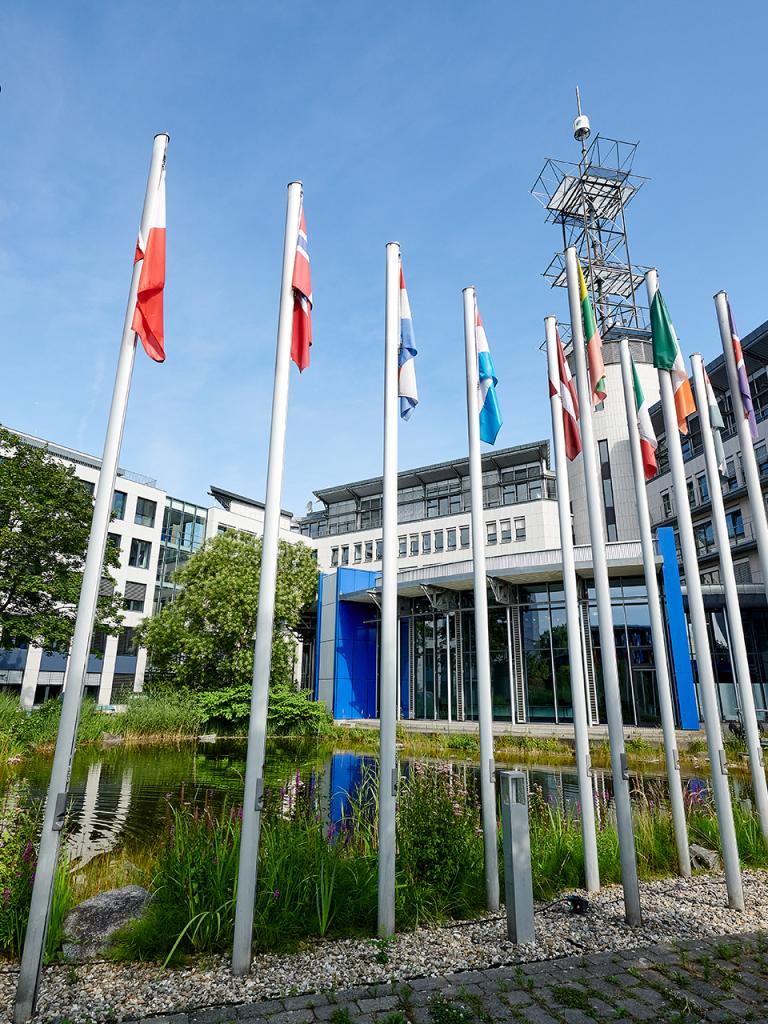The Radio Occultation Modeling Experiment (ROMEX) is a collaborative effort initiated by the International Radio Occultation Working Group (IROWG), a scientific working group under the auspices of CGMS, to explore the impact of radio occultation observations on weather prediction and climate research.
The ROMEX aims to quantify the benefits of increasing the number of radio occultation observations by using additional measurements not available in real time to operational weather centres. This experiment includes data assimilation experiments with additional radio occultation measurements, striving to help guide the Committee on Earth Observation Satellites (CEOS) and the Coordination Group for Meteorological Satellites (CGMS) partners in addressing future plans for providing radio occultation observations to numerical weather prediction (NWP) and other community users. The findings will inform strategies for future radio occultation missions and acquisitions. It will also help the radio occultation community optimise the use of radio occultation observations for different applications. Additional information regarding the ROMEX can be found here.
The ROMEX workshop seeks presentations in the following areas:
- Status and plans of relevant radio occultation missions
- ROMEX radio occultation data processing and validation of ROMEX data
- Reports on ROMEX applications and studies
- Other relevant developments and research pertaining to ROMEX
Additionally, the workshop will facilitate discussions regarding data processing, experimental design, and NWP impact studies, and develop the ROMEX intermediate report (required for the CGMS working group meeting the following week) and draft follow-up plans.
The first two days of the meeting will consist of presentations and discussions and the last day will include a plenary discussion regarding ROMEX and finalisation of the report. IROWG strongly recommends in-person participation, though remote access will be provided. A detailed agenda will be released following the close of registration.
Registration for this event is now open here until 15 March for presenters, and 5 April for participants.





